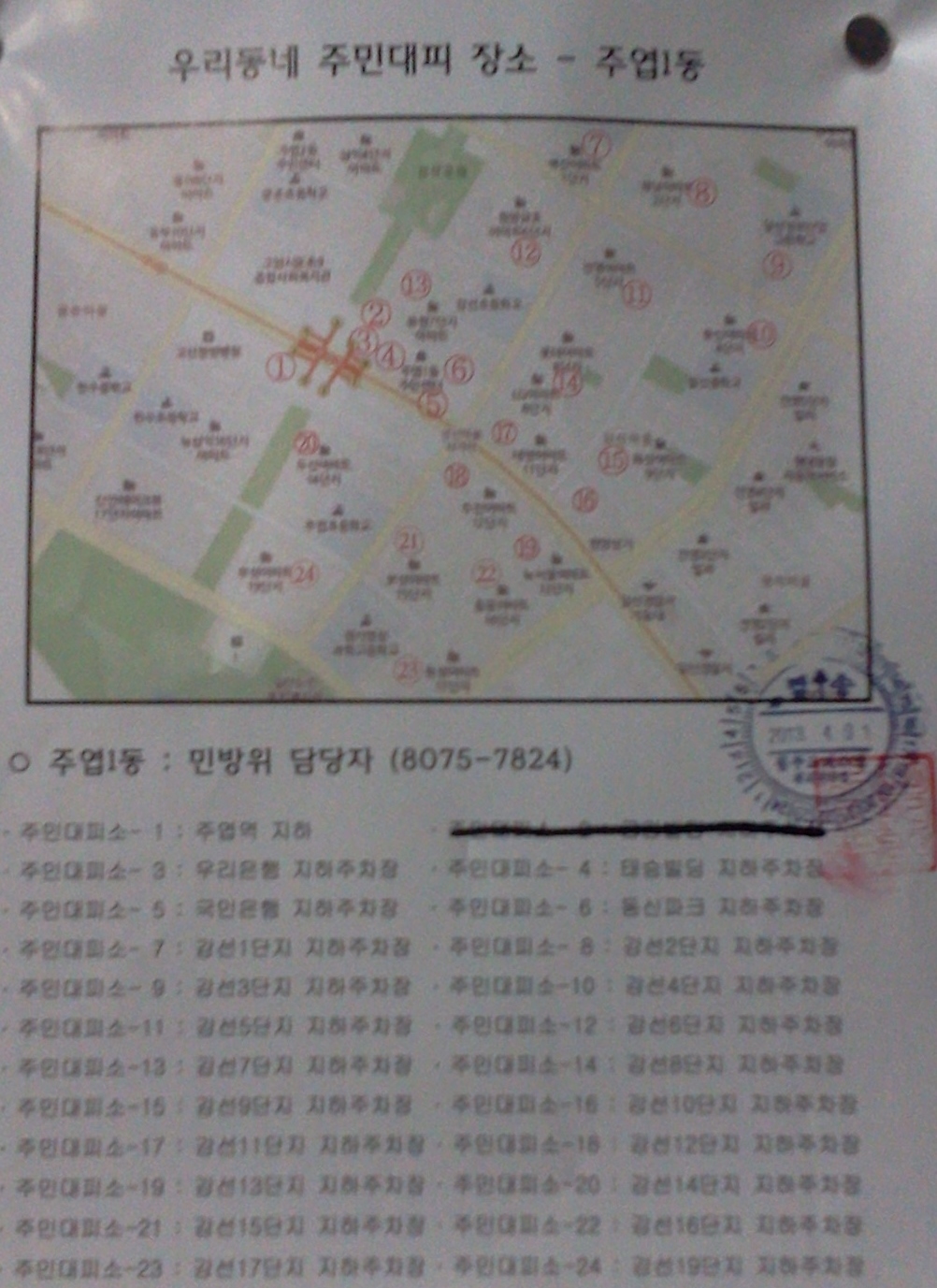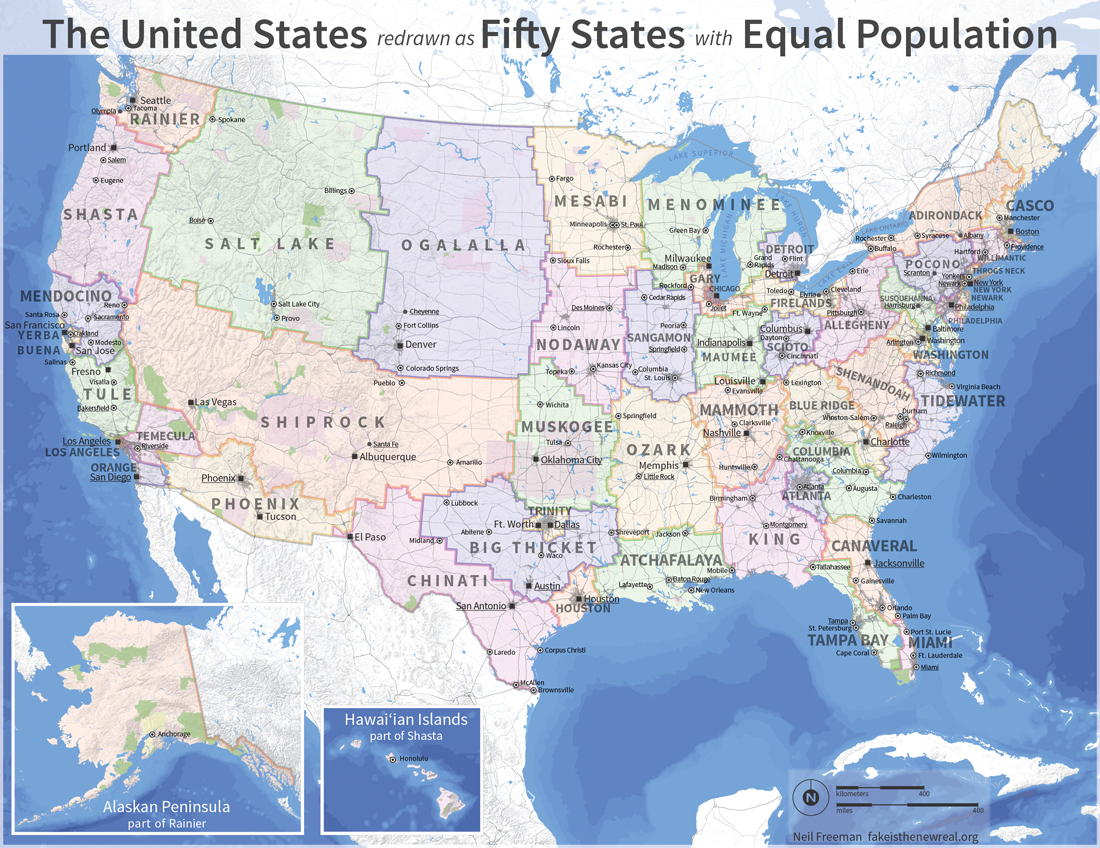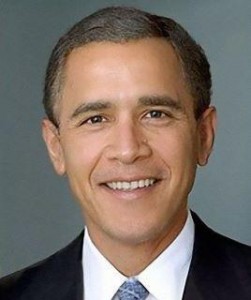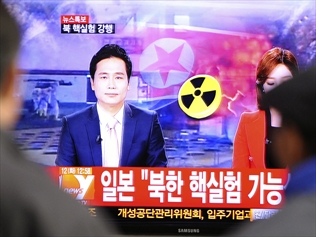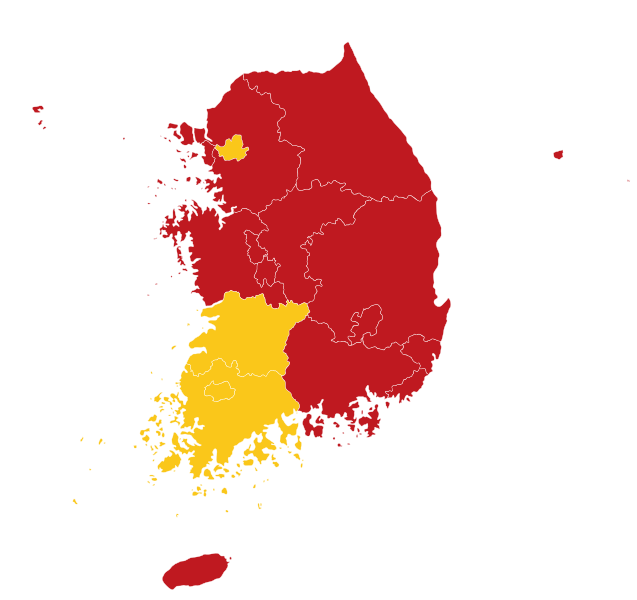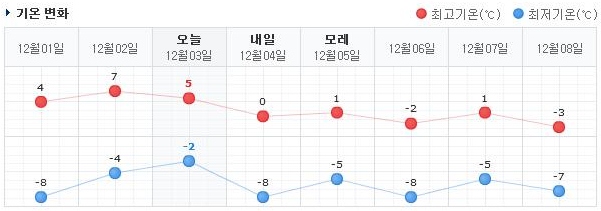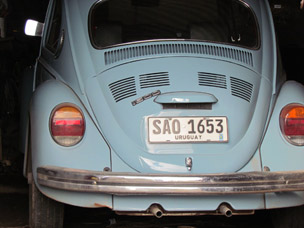Margaret Thatcher passed away yesterday. I cannot say I liked her politics in most respects, but I respected her political savvy and accomplishment, and she had an outsized influence on me in some ways, because she was Prime Minister of the UK during what were very formative years for me: she became PM when I was first becoming fascinated by the world at large, at age 14, and her term ended when I was 25. Despite being a child growing up in California and then a college student in Minnesota or an itinerant hippy in Mexico, I was always rather fascinated by this creature in far away England.
"It will be years – and not in my time – before a woman will lead the party or become Prime Minister." – Thatcher in 1974. Oops.
I remember vividly a conversation I had with someone at college, in which I explained my take on the tight ideological relationship between Thatcher and Reagan, which everyone recognizes: I said to my friend, "Thatcher is Reagan's brain, and Reagan is Thatcher's body."
In surveying some of the obituaries and online reflections on her life and politics, I ran across her rather famous speech to the United Nations, made in October of 1985. There's a full text of the speech online at her archives. Here is a video of it.
I was living in Chicago at that time, and was going through one of my extreme leftist phases (I've drifted quite a bit back and forth between libertarianism and marxism over the years). At that time, I was getting most of my news from the socialist rags and flyers found at the Chicago Theological Seminary bookstore – one of the greatest bookstores I have ever known. There was no internet at that time, and I didn't own a television. I was getting a pretty non-mainstream viewpoint on the world.
I vaguely remember Thatcher's speech being in the news as something
significant – it was one of the few cases that I know of where she
challenged Reagan and where they disagreed in a very public forum. Her observation that some people are not paying for the UN's work is a dig at the US, for example. I think this speech is well written, and having the text available means that it's interesting to study from a strictly rhetorical standpoint, which is something I pay attention to a lot, these days, being a middle school debate class teacher.

